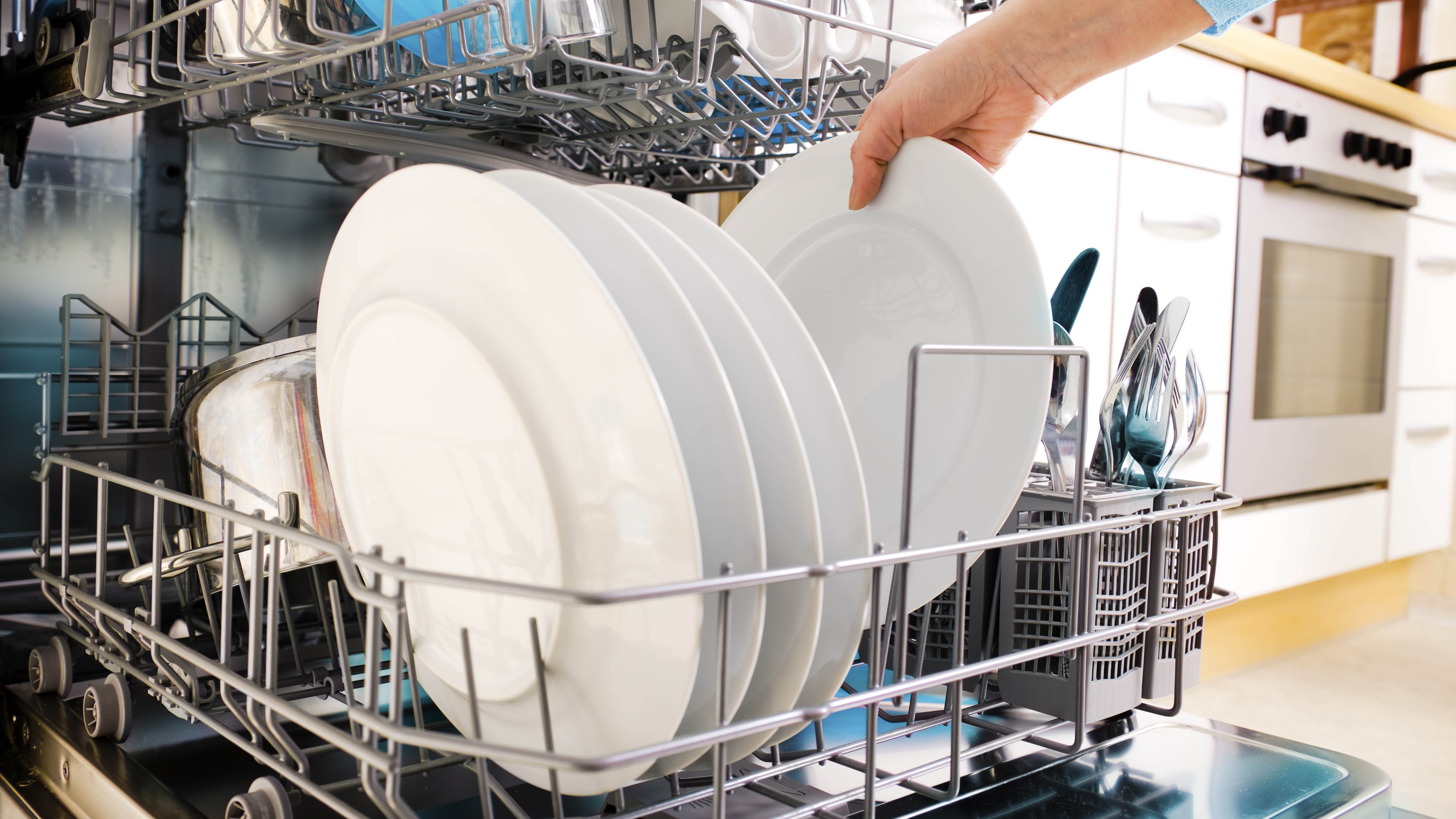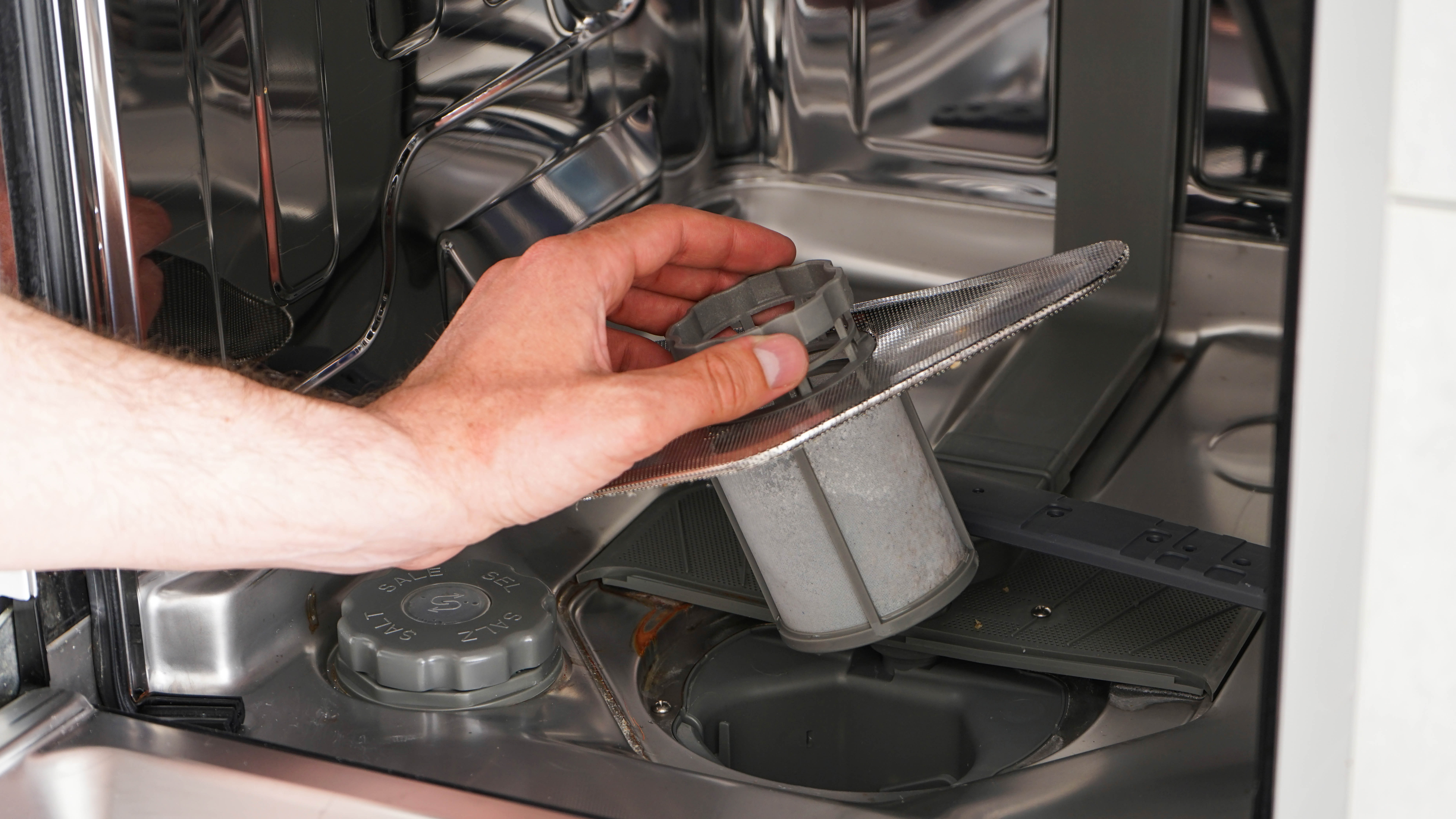This common dishwasher mistake is costing you money every day
Avoid this common dishwasher mistake at all costs

Here at Tom’s Guide our expert editors are committed to bringing you the best news, reviews and guides to help you stay informed and ahead of the curve!
You are now subscribed
Your newsletter sign-up was successful
Want to add more newsletters?
Join the club
Get full access to premium articles, exclusive features and a growing list of member rewards.
Dishwashers are the ultimate convenience in the kitchen after a family meal. They can wash everything in sight following a roast, from the serving platter to the greasy pots and pans. And while households are trying to save money by any means necessary, dishwashers are offering a more convenient and cheaper alternative to washing by hand — especially if you take advantage of the eco setting.
The problem is that while dishwashers offer a win-win situation when it comes to clean-up, there are still plenty of us making one particular mistake which costs us money every day. Even the best dishwashers unfortunately suffer from this habit, which is why it’s worth flagging. And no, this is not referring to things you should never put in the dishwasher.
The one dishwasher mistake which is costing you money
There are plenty of mistakes to be made when it comes to dishwashers. Some won’t load it correctly, but there is actually a right way to load a dishwasher. Others use the dishwasher to clean knives, which can be the worst thing for knives. But, the mistake we’re actually referring to occurs before you even load the dishwasher, and it costs you money with each repeat.
We are referring to rinsing the items before you load them. We can understand the appeal — you don’t want drips and smells building up in your dishwasher while you wait to load it to full capacity. But, the fact is you’re wasting water and money if you rinse items prior to loading them.

Dishwashers are designed to wash and dry the load completely. That means even if the plates and glassware shows some remaining residue, the cycle will still clean them to the same extent. That’s not to say you should load items covered with residue — this should still be scraped away and disposed of prior to loading. Otherwise, it can block the filter and ruin the wash cycle.
For an idea of how much water is wasted with this habit, consider that if you use 1 cup of water to rinse each plate, you’re wasting 42 cups of water alone to fill the lower basket with plates (based on 14 place settings). If you run your dishwasher once a week, that’s over 2000 cups of water wasted a year on rinsing plates.
Most take on this habit because they don’t want to deal with the smell of a stale dishwasher. However, you can always just shut the door when it’s not running to seal this off. Some dishwashers are also designed with features which will help deodorize the load, so someone finally made a dishwasher that doesn’t get smelly.
Get instant access to breaking news, the hottest reviews, great deals and helpful tips.
In any case, you should try to break this habit if you want to save money on your bills in the long run. If you want more advice, check out these 15 water saving tips to lower your bill.

If you find that your dishwasher struggles to clean non-rinsed plates effectively, then that’s a sign that it needs to be cleaned. Check out our guide on how to clean a dishwasher for more detail on what to do and how to make your dishwasher last longer for general tips. Otherwise, the appliance may need to be replaced altogether — here’s our list of the best dishwashers for suggestions.

Katie Mortram used to be a Homes Editor for Tom's Guide, where she oversaw everything from kitchen appliances to gardening tools, as well as smart home tech. Specializing in providing expert advice for cleaning and home manintenance, she now works as Household Advice Editor for Good Housekeeping.
 Club Benefits
Club Benefits










